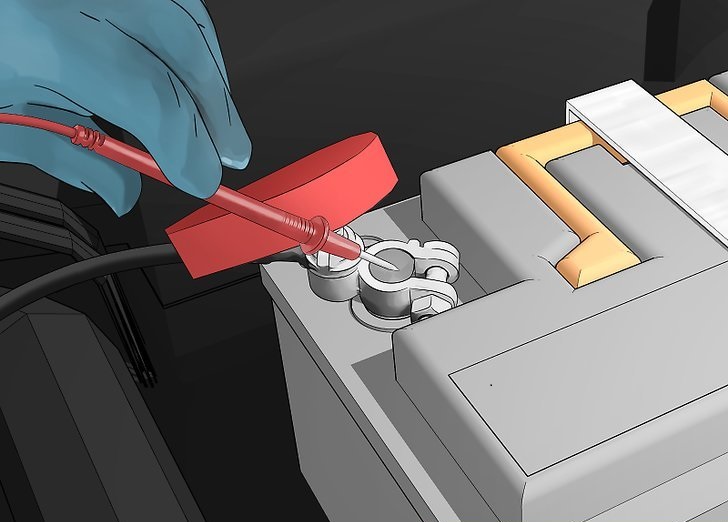Daily maintenance for lead-acid batteries is generally minimal, especially for maintenance-free or sealed lead-acid batteries. However, if you are using traditional flooded lead-acid batteries, there are some routine tasks you may need to consider. Here are general guidelines for daily maintenance of lead-acid batteries.
- Visual Inspection:
- Check for any signs of physical damage, corrosion, or leaks around the battery terminals and casing.
- Ensure that the battery connections are tight and free from corrosion. Clean terminals if necessary.
- Electrolyte Levels (Flooded Batteries Only):
- For traditional flooded lead-acid batteries, check the electrolyte levels regularly. Add distilled water if the levels are low, ensuring that the plates are adequately submerged.
- Charge Status:
- Monitor the charge status of the batteries. If possible, check the voltage levels to ensure they are within the recommended range.
- Ventilation:
- If using flooded batteries, ensure that the battery room or enclosure has proper ventilation to dissipate any gases produced during charging.
- Temperature Check:
- Monitor the operating temperature of the batteries. Extreme temperatures can affect battery performance. If possible, keep the batteries in a cool, well-ventilated environment.
- Charge Control (if applicable):
- If your lead-acid batteries are part of a system with a charge controller, check the controller settings and ensure they are appropriate for the battery type and application.
- Safety Precautions:
- Follow safety guidelines when handling lead-acid batteries. Wear appropriate protective gear, such as gloves and eye protection, when working with batteries.
It’s important to note that maintenance requirements can vary based on the type of lead-acid battery (flooded or sealed) and the specific application. Maintenance-free or sealed lead-acid batteries are designed to minimize user intervention, but periodic checks for physical integrity and connections are still advisable.


